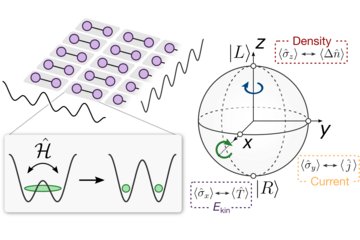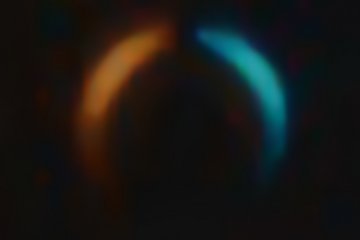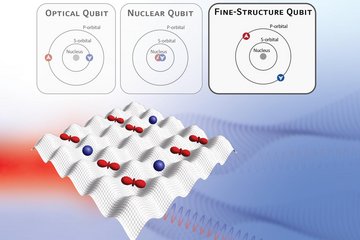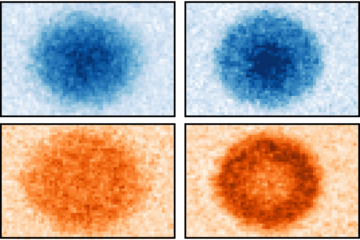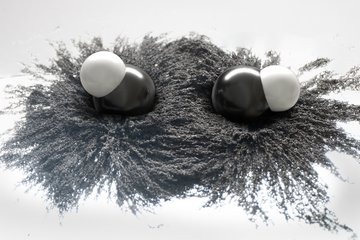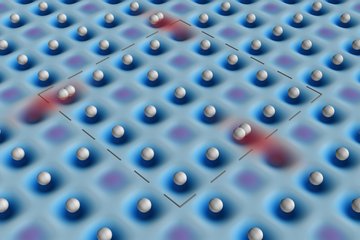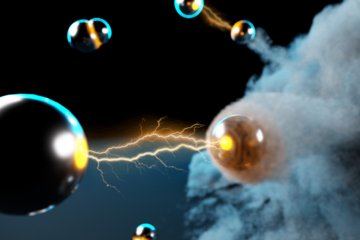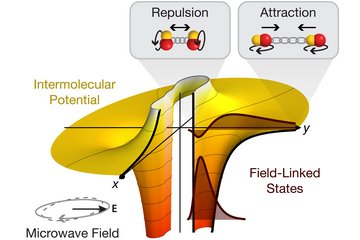Ultracold Sticky Collisions: Theoretical and Experimental Status
Journal of Physical Chemistry A, special issue "Cold Chemistry" - 9 January 2023

Collisional complexes, which are formed as intermediate states in molecular collisions, are typically short-lived and decay within picoseconds. However, in ultracold collisions involving bialkali molecules, complexes can live for milliseconds, completely changing the collision dynamics. This can lead to unexpected two-body loss in samples of nonreactive molecules. During the past decade, such “sticky” collisions have been a major hindrance in the preparation of dense and stable molecular samples, especially in the quantum-degenerate regime. Currently, the behavior of the complexes is not fully understood. For example, in some cases, their lifetime has been measured to be many orders of magnitude longer than recent models predict. This is not only an intriguing problem in itself but also practically relevant, since understanding molecular complexes may help to mitigate their detrimental effects. Here, we review the recent experimental and theoretical progress in this field. We treat the case of molecule–molecule as well as molecule–atom collisions.
To learn more about our recent publication please visit ACS Publications.

